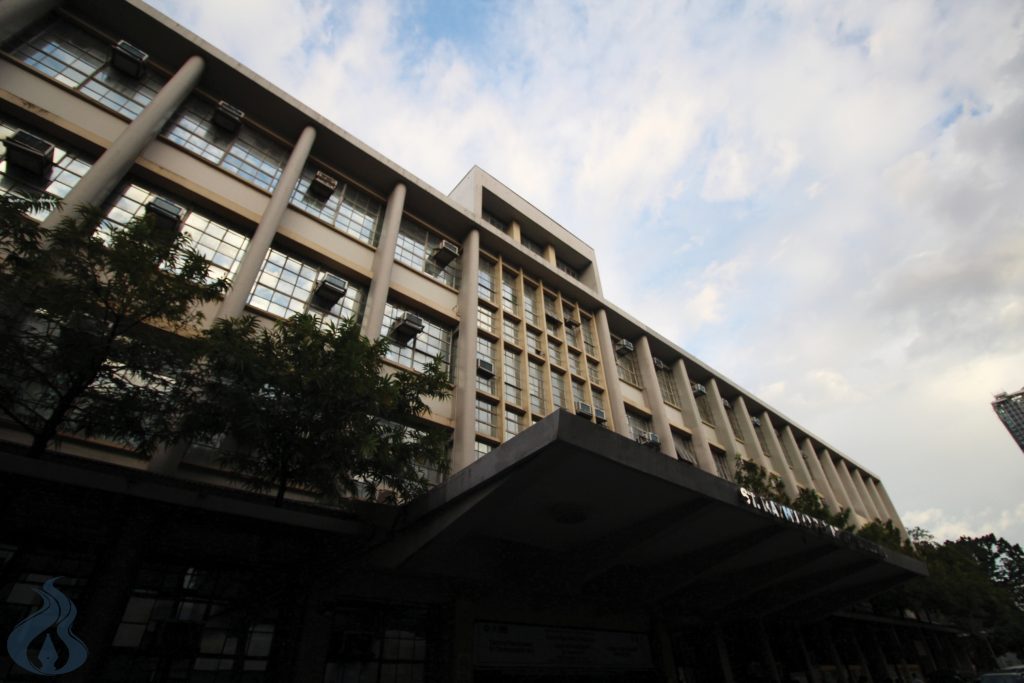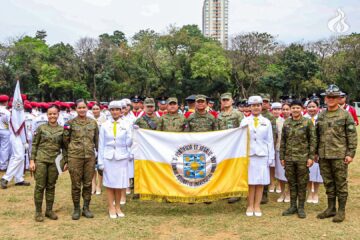
THE DECLARATION of post-elections academic ease is a timely move by the University, giving both students and the faculty members time to “focus” on self matters, an Artlet professor said.
“While people had their different opinions over the election results, I think it was a timely move to initiate the academic ease to give people time to reflect and attend to self-care activities,” Faculty of Arts and Letters (AB) Behavioral Science Professor Gian Carlos Ledesma told The Flame.
“For both students and faculty members alike, it was a good opportunity to focus on their mental health and just give themselves time to adjust,” he added.
Ledesma noted that spaces like academic ease allow people to rest and re-energize.
“[S]paces like academic ease allow people to become more prepared in dealing with their commitments. The need to give the people time to rest their mind and body is really something important. We need these off-days to re-energize ourselves physically, emotionally, and all other aspects of wellness,” he said.
In a memorandum released last May 11, the Office of the Vice Rector for Academic Affairs (OVRAA) laid down guidelines to help academic units in making decisions on the implementation of the academic ease post-elections.
“We recognize that recent election-related events may have taken a toll on the physical, emotional, and even mental wellness of our University staff and students, to a varying extent and for different reasons,” the OVRAA stated.
This was followed by AB Dean Marilu Madrunio’s announcement to hold asynchronous classes this week for some year levels and to move all deadlines until May 16.
Graduating students were to comply with the existing timetables, while those who have defended their thesis are given until May 25 to submit their research papers.
This is to allow graduating students to participate in the onsite graduation ceremonies on June 10-11, Madrunio added.
Conflict with academic timelines
While adjustments in the form of implementing asynchronous classes and moving the deadlines to a later date are understandable, a second-year AB student said that classes should not be suspended to avoid further delays in the academic calendar.
“I agree with classes being held asynchronously because more suspensions can cause delays or [push back] the semester,” the Artlet told The Flame.
“In return, we, students, might experience overload in school work in the first week of June. However, it is understandable that there are no classes since who can work productively despite the situation right now?” they added.
The sophomore student also said that it is important to maximize the remaining time in the current semester to accomplish all course requirements in June.
“We need to take [into consideration] the professors since they also have deadlines in encoding our grades. Also, we need to maximize the remaining time to accomplish the requirements given to us since finals are already in June,” they said.
An Artlet professor expressed disagreement with the memorandum released by the OVRAA, saying professors would need to rush lectures due to the delays in synchronous classes.
“Now I’m even more stressed. Leni has already lost, and I still need to rush my lectures,” the professor said. F



